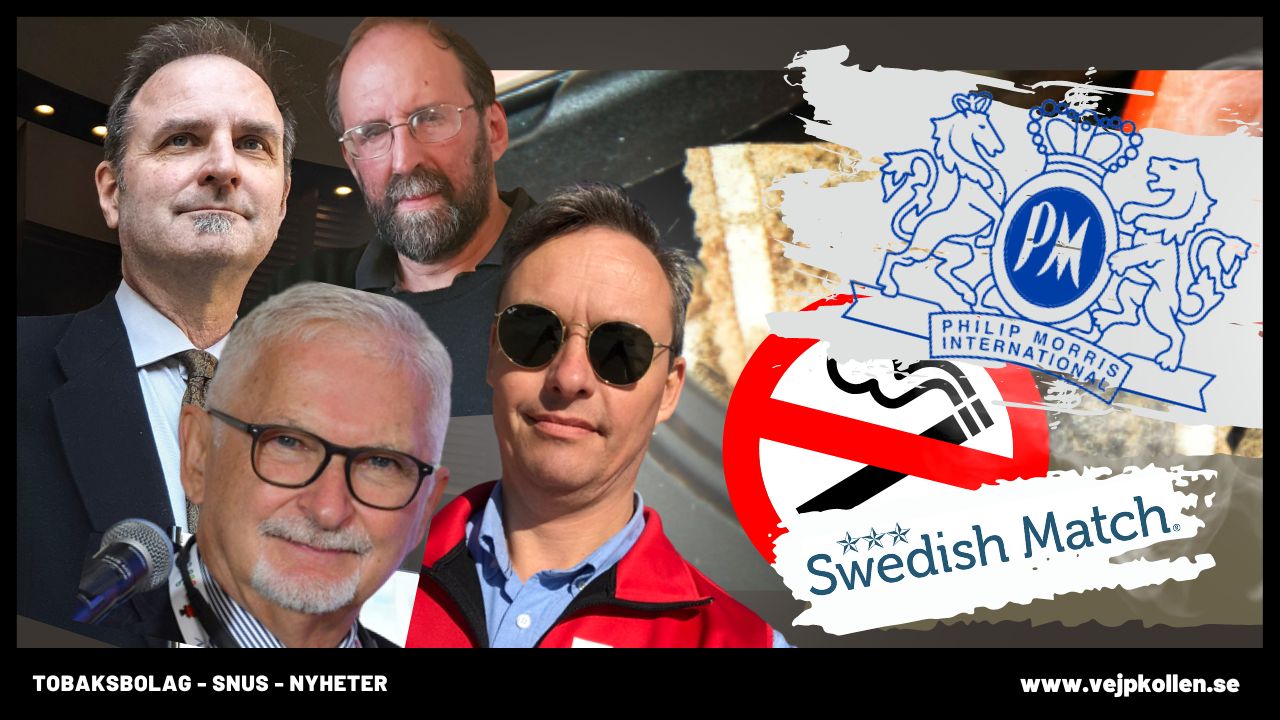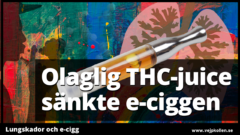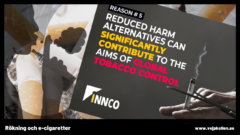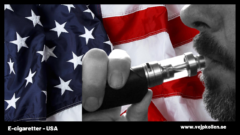Last week it was announced that Philip Morris International is buying the Swedish snus manufacturer Swedish Match. The announcement was met with mixed feelings within the global harm reduction movement.
"It is worrying that PMI is buying the only tobacco company that has actually voluntarily stopped selling smoking tobacco. Especially since PMI will continue to sell cigarettes for the foreseeable future," said Atakan Befrits, INNCO board member.
PMI recently bought closer to 83 per cent of the shares in Swedish snus manufacturer Swedish Match.. The deal has attracted attention from many quarters. This week, the International Network of Nicotine Consumer Organisations (INNCO), among others, published a report on the case. press release criticising the deal.
"We are dismayed by the whole deal. PMI will now absorb the only tobacco company on earth that has voluntarily stopped making poison sticks - cigarettes." Says INNCO's Secretary General Charles Gardner.
"Make snus available"
INNCO represents 37 NGOs from all over the world and has long been critical of the way harm reduction is handled, including by the WHO. Now they are setting high standards for Phillip Morris. PMI is taking over one of the world's oldest brands in the harm reduction tobacco products segment. This puts a lot of responsibility on the cigarette manufacturer, says INNCO.
"We demand that PMI and WHO do the right thing. PMI must assure us that the harm reduction products they now purchase will be available and affordable in low- and middle-income countries." Says Charles Gardner.
He argues that responsibility should also lie with the World Health Organisation (WHO) and local health authorities for the conditions for harm reduction as part of tobacco policy.
An independent player disappears
Similar ideas come from Gerry Stimson, Director at Knowledge Action Change. KAC works to promote harm reduction for smokers at a global level. Gerry Stimson has long recognised snuff as a driving factor behind the Sweden's low smoking rate. He has also worked actively to legalise snus in the rest of the EU.
"I received the news with mixed feelings. I have always liked the fact that Swedish Match has been a small but independent player on the front line in the issue of injury minimisation. Now they are being eaten up by a large company and that doesn't feel entirely positive. At the same time, I like the idea that PMI is actually investing in smoke-free products. I also hope for their ability to spread them globally." says Gerry Stimson to Vejpkollen in connection with a press conference on KAC's latest report "The Global State of Tobacco Harm Reduction 2022: The Right Side of History"
WHO's methods work poorly
According to Gerry Stimson it is still difficult to predict the consequences of the deal. He is supported by his colleague Harry Shapiro, the author of the reports in the series Global State of Tobacco Harm Reductionwhich is published every two years by KAC. Harry Shapiro notes that the transition from smoking to less harmful nicotine products is too slow from a global perspective.
"Nearly 100 million people currently use harm reduction nicotine products, mainly e-cigarettes. This compares to 1.1 billion people who still smoke, despite billions of dollars spent by the WHO and the countries that follow the WHO recommendations," said Mr Perez. Harry Shapiro.
Snus can have a major impact
"In countries where neither smoking cessation interventions nor e-cigs are available, the availability of safer, smokeless tobacco products such as snus can lead to change," said Mr Gates. Harry Shapiro.
This is particularly true in countries where tobacco cultivation is already an important part of the local economy.
"The deal can definitely have an impact on harm minimisation around the world. This is particularly true in low- and middle-income countries where smoking is very prevalent and few alternatives are available. Snus could play an important role in these countries. And PMI is one of the few companies with the financial muscle to change the conditions there. But it's too early to draw any conclusions yet," says Mr Mason. Harry Shapiro to Vejpkollen.




